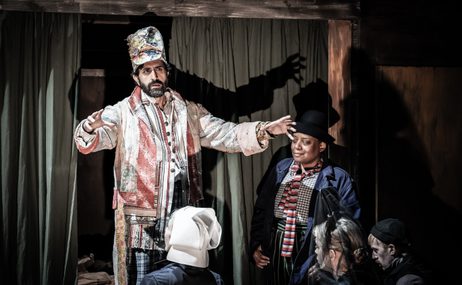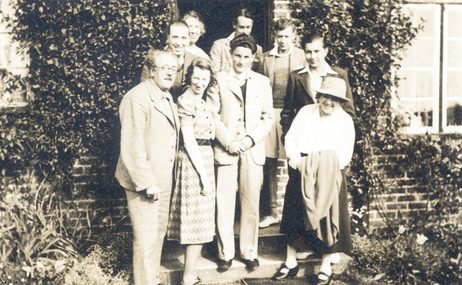Presented by Christopher Hilton
Britten wrote Albert Herring over the winter of 1946-47. After the intense emotions of his two preceding operas, Peter Grimes and The Rape of Lucretia, it is lighter in mood. The action, based loosely on a story by Guy de Maupassant, takes place in a fictional Suffolk town around 1900: Britten revisiting the provincial Edwardian world into which he was born. It is Mayday and a shy, virginal young man, Albert Herring, is chosen to be the town’s May King because none of the town’s girls are pure enough to be the traditional May Queen. In a riotous night celebrating his elevation, the former mother’s boy discovers drink, rebelliousness, and (possibly) sex. In the opera, we can see Britten expressing affection for the society that bore him, but also casting a slightly mocking outsider’s eye over it: the eye of someone who had come home to his native county but brought with him experiences of a much wider world.
Watch more

74th Aldeburgh Festival
09 – 25 June 2023
A Song at The Red House: 'Tell me the Truth About Love', by Benjamin Britten
Soprano Elise Caluwaerts performs one of Britten's cabaret songs, with a witty text by WH Auden. Accompanied by Lucy Walker on Britten's Steinway piano…
Work of the Week 24. Violin Concerto
Presented by Roger Wright
